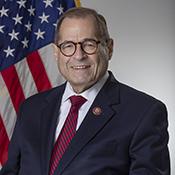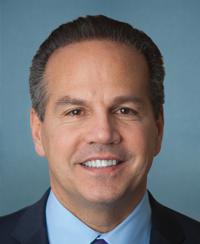0
Competitive Prices Act
12/15/2023, 3:57 PM
Summary of Bill HR 2782
One of the key provisions of the Competitive Prices Act is the establishment of a regulatory framework to prevent price-fixing and anti-competitive behavior among businesses. This would help to ensure that consumers have access to a wide range of choices and that prices are determined by market forces rather than collusion among companies.
Additionally, the bill includes measures to increase transparency in pricing, making it easier for consumers to compare prices and make informed decisions about their purchases. This would help to level the playing field for small businesses and new entrants to the market, who may struggle to compete with larger, more established companies. Overall, the Competitive Prices Act aims to create a more competitive and fair marketplace for consumers, while also promoting innovation and economic growth. It is currently being debated in Congress, with supporters arguing that it will benefit consumers and businesses alike, while opponents raise concerns about potential unintended consequences and regulatory burdens.
Congressional Summary of HR 2782
Competitive Prices Act
This bill makes consciously parallel pricing coordination (i.e., a tacit agreement among two or more persons to raise, lower, change, maintain, or manipulate pricing for the purchase or sale of reasonably interchangeable products or services) a prohibited form of price fixing.
In a civil action for a claimed violation, the plaintiff may shift the burden of proof to the defendant by demonstrating that two or more persons (1) engaged in substantially similar conduct within a substantially similar time period with respect to the pricing of reasonably interchangeable products, and (2) had a similar motivation to coordinate their efforts to change or manipulate the pricing of those products or services.
The defendant may rebut such a presumption of a violation by demonstrating the action was motivated by business judgment that is economically rational in the absence of a tacit agreement, such as by showing the action was in response to, or in anticipation of, changing market conditions for the product or service.
If the defendant rebuts the presumption, the plaintiff must demonstrate by a preponderance of the evidence that the defendant entered a tacit agreement to change or manipulate the pricing for the product or service, such as by showing the business judgment of the defendant was not rational in the absence of such a tacit agreement.



